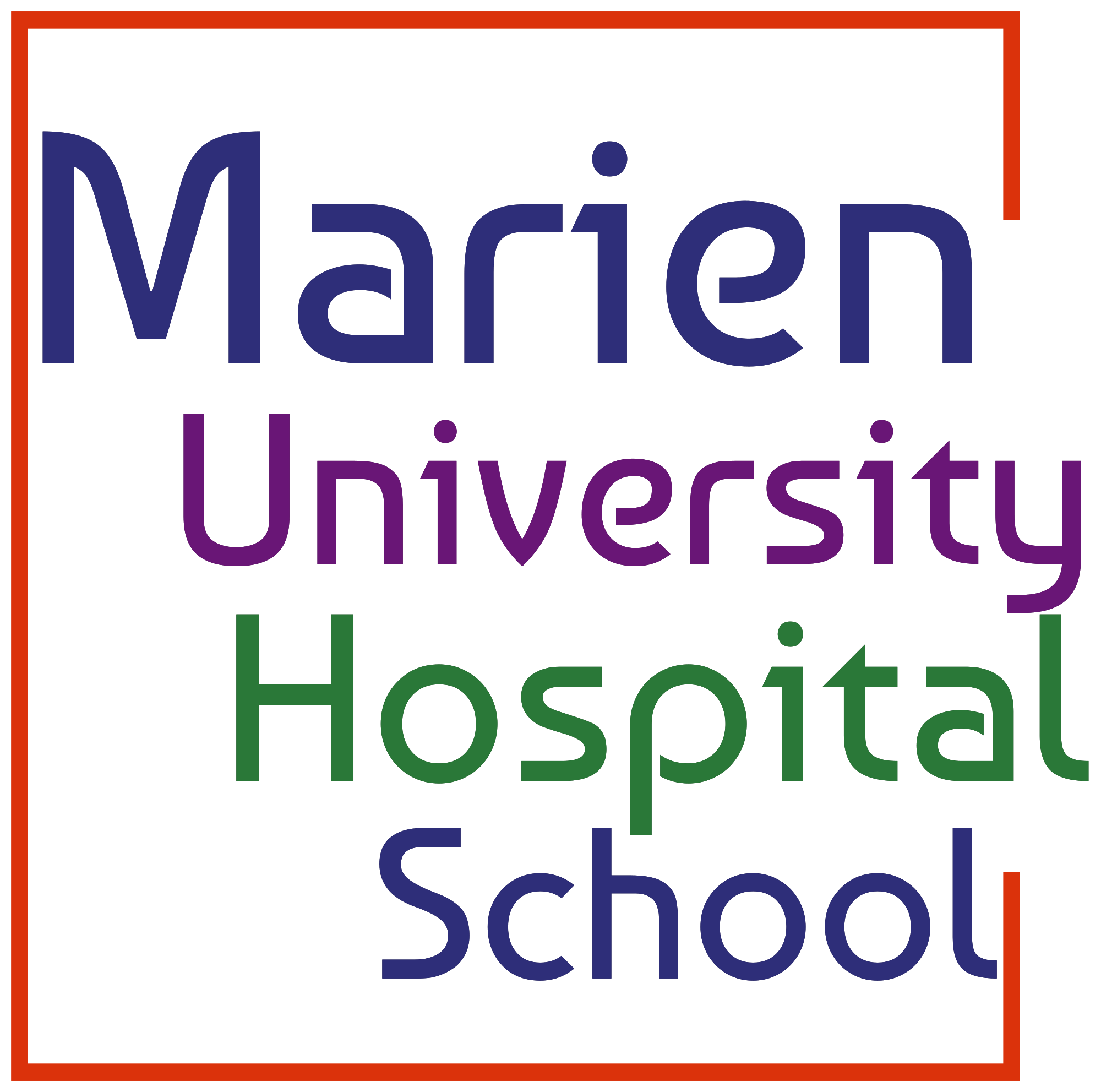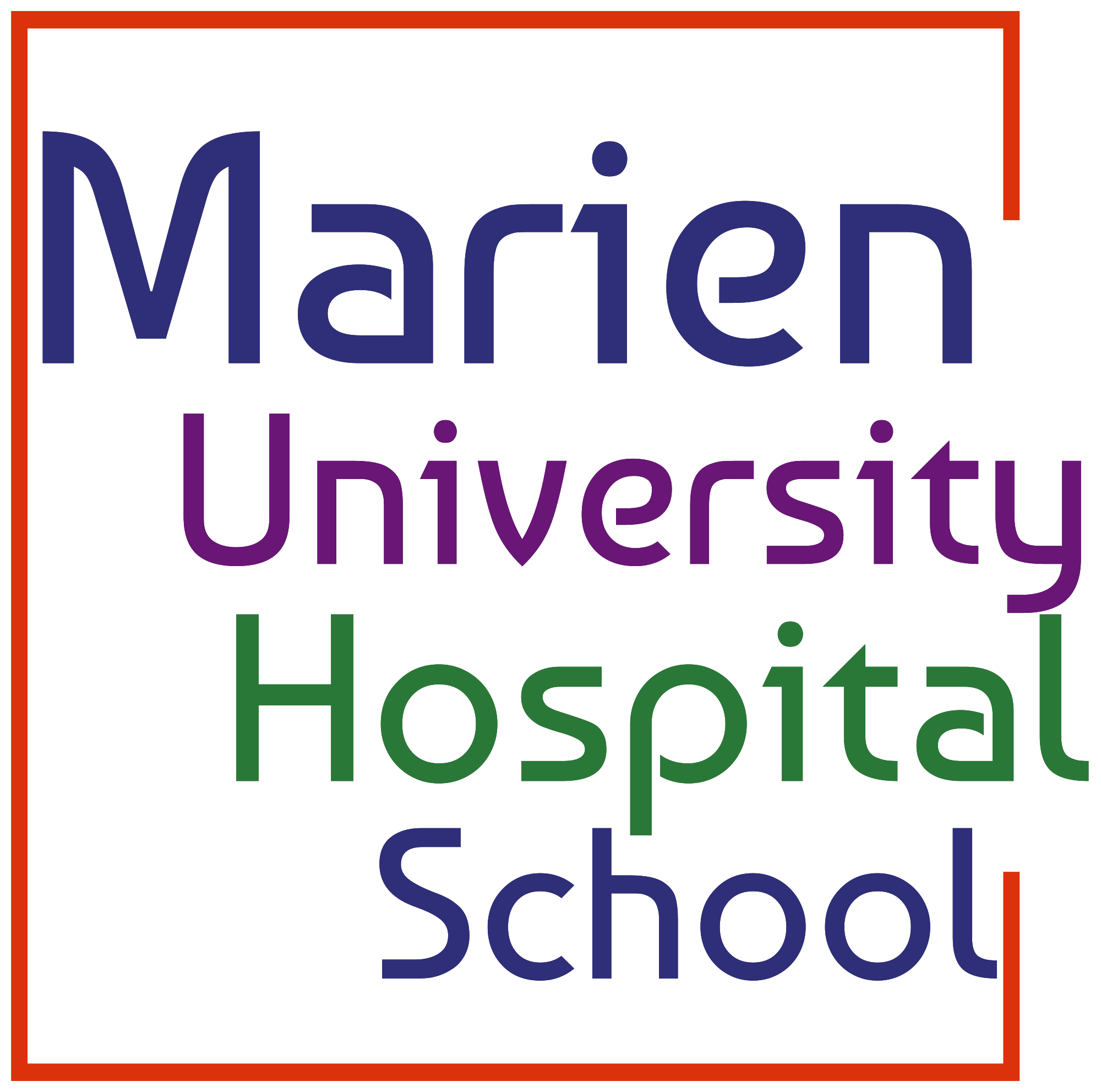Analysis of canonical and non-canonical autophagy signaling pathways
Autophagy
Autophagy is a lysosomal process that is responsible for the recycling of old or damaged proteins or organelles. In contrast to apoptosis, not whole cells are digested by phagocytes, but only cytoplasm and cell organelles within the cell. Autophagy represents a quality control for the cell and thus ensures cellular homeostasis. It is therefore not surprising that the dysregulation of autophagy plays a role in many diseases and is involved in tumorigenesis and resistance to therapy in the form of ‘protective autophagy’.
The cellular process of autophagy was observed as early as the 1960s, but the molecular characterization of this process has only been carried out in the last 30 years. In 2016, Prof. Yoshinori Ohsumi was awarded the Nobel Prize in Physiology and Medicine for his groundbreaking work on the molecular mechanisms of autophagy. Autophagy describes the process of cellular “self-digestion” that can be induced under stress conditions. These stress conditions include nutrient deficiency, deprivation of growth factors, infection with intracellular pathogens, or protein aggregation. Accordingly, autophagy or its dysregulation is involved in several pathophysiological processes, e.g. cancer or neurodegenerative diseases. In our projects, we are trying to establish the modulation of autophagy as a therapeutic intervention. The focus is on the autophagy-inducing ULK1 complex. In addition, our research group also investigates non-canonical autophagy processes.

